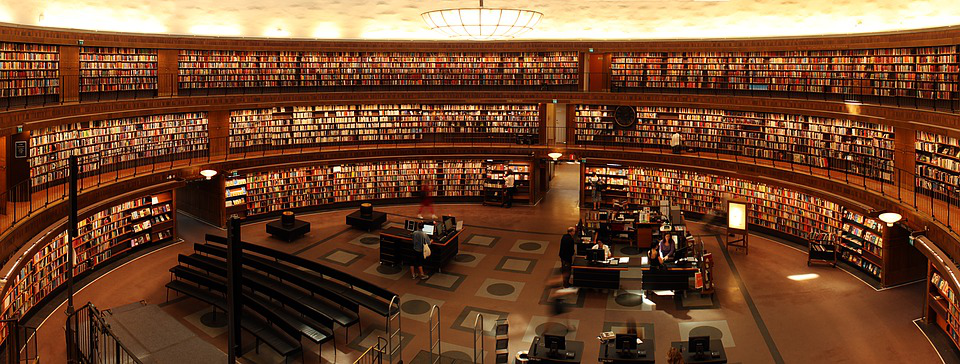
“You are fake news.” Everyone’s heard this. From deepfakes to well-thought out social media fake news campaigns, disinformation has become something of a buzzword these days. A New York University report has attempted to outline the disinformation tactics that will be used in 2020, and the MIT Technology Review has just come out with Facebook’s AI deepfake mission.
In fact, disinformation has become such a big hurdle that the U.S. Defense Department itself aims to go after disinformation.
But as recent as it might seem, disinformation is nothing new. It has been around for some time, and it has corrupted our minds like no other.
Why Disinformation is Dangerous
In order to understand how disinformation works, one has to understand that bits of disinformation that find their way to you are not random. They are part of a larger conspiracy, a disinformation agenda, that seeks to achieve a particular end.
Disinformation can be in many forms—and often it doesn’t even pretend to be ‘information.’ It pretends to be nothing—all it does is work toward planting in your heads an idea and then helping it spread. It could be a movie, a Facebook post, a book, a talk show, a legend, a folktale, anything. The first step to recognizing it is seeing that it will attempt to change your view on things and change it drastically.
What Are Some Examples of Disinformation?

Perhaps disinformation is best explained through examples. One of the most current and obvious examples comes in the idea of veganism. While supposedly a grand idea—we’re not killing any animals, we’re making the planet healthier, we’re eating much healthier food—it is chock full of disinformation. Vegans will often argue that their way of life is healthier—but that’s not true. Science established many years ago that there are many vital nutrients in meat and dairy products that are difficult or impossible to get from plant-based diets.
Another example would be the idea that we live in a virtual reality, or a sort of Matrix, which we need to escape. This is a classic bit of disinformation that leads many to think that this world is simply an illusion, a physical non-reality, and that we need to escape it. Nobody says where you will go once you escape this Matrix. Nobody says what comes next. All anybody manages to do is stop caring about this world, its people, its wellness because they start believing this world isn’t real—and that too is a lie.
And There’s a LOT More!
“A little learning is a dangerous thing; drink deep, or taste not the Pierian spring: there shallow draughts intoxicate the brain, and drinking largely sobers us again.” Alexander Pope penned this damning truth back in 1709, and he was absolutely right: a little knowledge is always a dangerous thing.
We take a sip from the chalice of divine wisdom and believe that we’ve emptied it of its contents. But we’re still discontent—because divine wisdom is far too vast an arena to be embraced so easily. If you have any more curious questions, feel free to reach out to Karl Mollison! There is a large and growing compendium of knowledge on his website.
